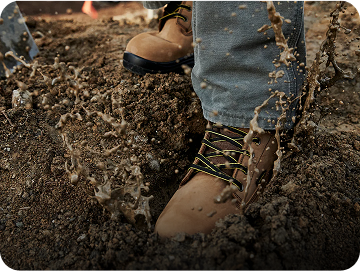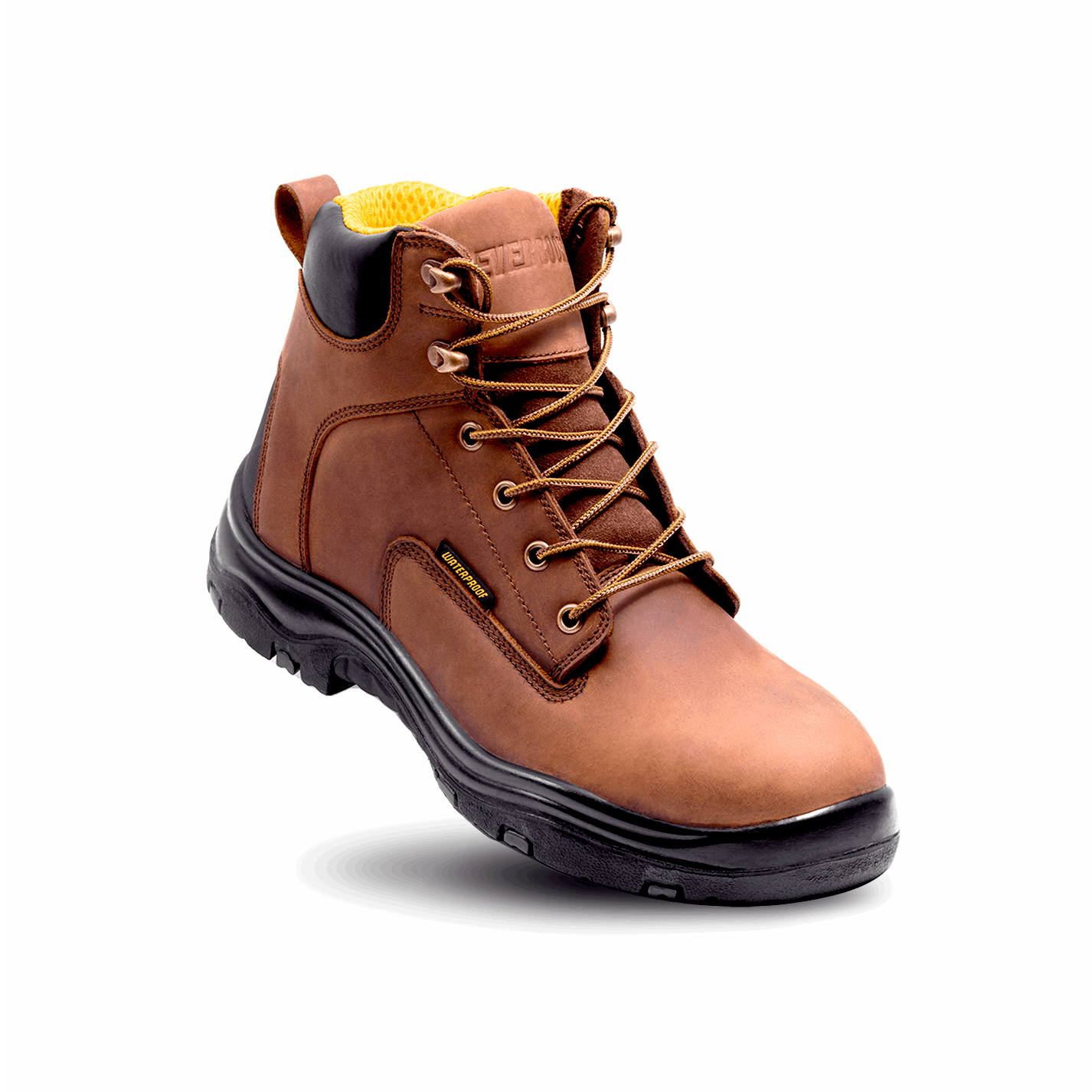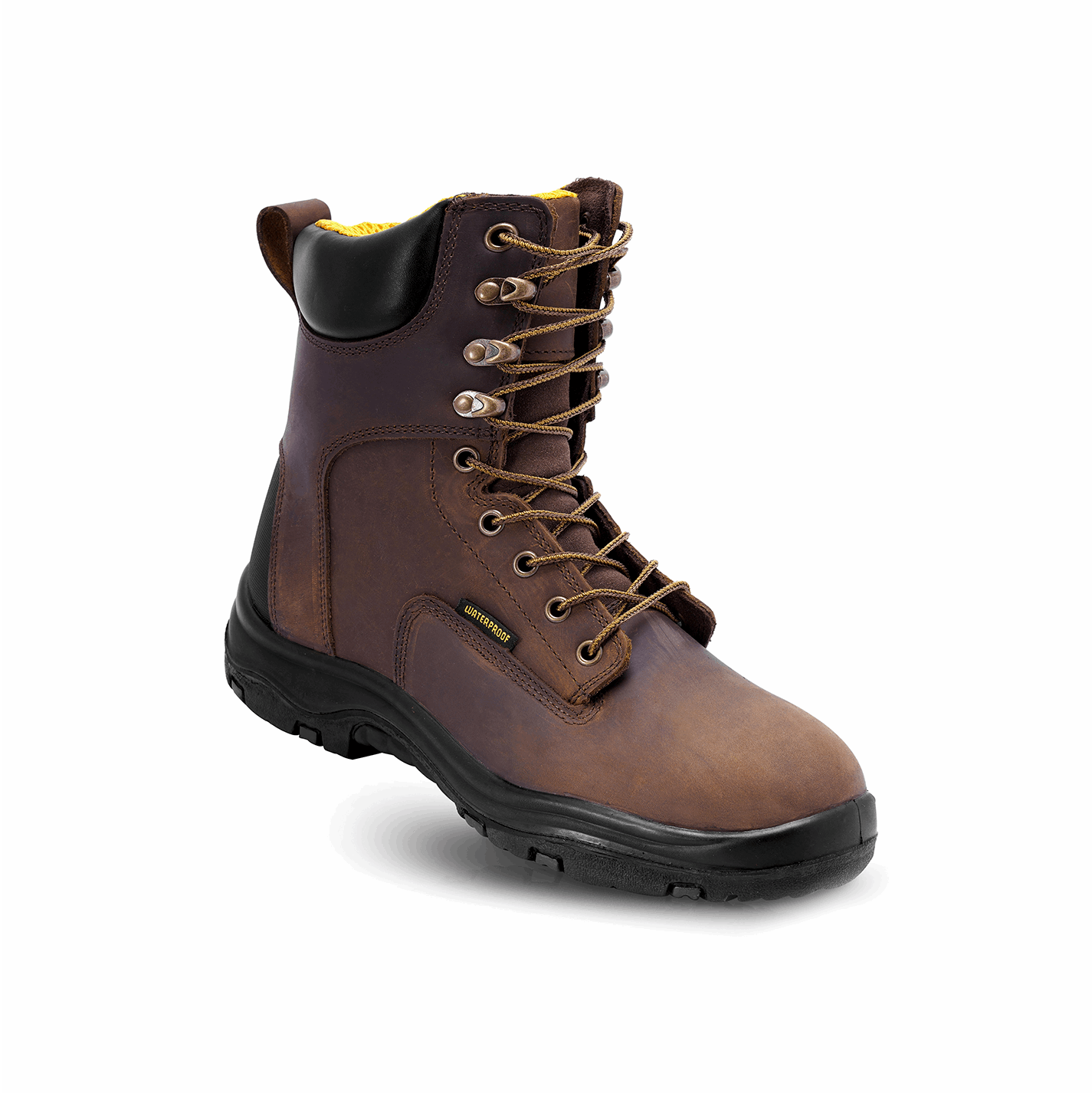What does ASTM F2413-11 I/75 C/75 even mean?
Safety is a must, especially in environments where accidents could mean life or death. Safety footwear is required in many occupations to prevent common injuries due to slipping, falling objects, sharp objects, and electrical hazards. But today, we’re focusing on one of the most common safety features out there: the steel toe.
The steel toe has been the standard for safety for a long time. And rightfully so! Steel is tough and can withstand many of the hazards you might encounter at a worksite. As previously mentioned, falling objects and sharp objects are namely what a steel toe can save you from. And as common as they may be, there are still cons and alternatives to the steel toe.
The Pros
The steel toe is tried and true. It is a very tough material and can withstand high impacts and a lot of pressure. And because it’s so common, you can find a lot of affordable steel toe options on the market for different types of work. You can find a steel toe in a classic work boot like the Tank S, or in an industrial sneaker like the Warepro. In any case, steel in your footwear provide reliable protection and added support. To better understand what a steel toe can and can’t do, take a look at their safety rating.
The Rating
Safety footwear should come with a rating that indicates what exactly they’re capable of. In other words, they’ve been tested and shown to resist a certain level of stress. The rating reflects that. A lot of steel toe boots, like the EverBoots Tank S, meet ASTM F2413-11 I/75 C/75 standards. But what does that even mean? Let’s break it down.
ASTM: Stands for American Society for Testing and Materials
F: Indicates either M(male) or F(female)
2413: Identifies the ASTM standard (like a code)
11: Indicates the year the standard was issued
I/75 : Impact resistance rating (75, 50, or 30 foot-pounds)
C/75: Compression resistance rating (75, 50, or 30)
Steel toe features are tested by dropping a 50lb weight from a predetermined height at a predetermined speed. I/75 C/75 footwear guarantee protection from an impact of 75 foot-pounds and compression of 2500 pounds respectively.
The Cons
By nature, steel toe footwear is often heavier than other work boots. Because they’re metal, they can get uncomfortable in extremely hot or cold environments. But keep in mind, these cons are relative, and are by no means justifiable reasons to forgo the protection of a steel toe if you need them for your line of work.
If you’re worried about those issues, you could opt for footwear with composite safety features. But they are less resistant to damage and often have lower safety ratings compared to steel. A steel toe is your best bet when it comes to safety footwear.
Employers should make safety standards clear not only for your sake but also for the safety of the people around you. Workplace hazards should be taken seriously. Make sure you do your part by doing adequate research and abiding by appropriate rules and regulations. A steel toe, along with some common sense, should be your first line of defense against workplace hazards.
Learn more about the styles and features of EVER BOOTS products here











Leave a comment